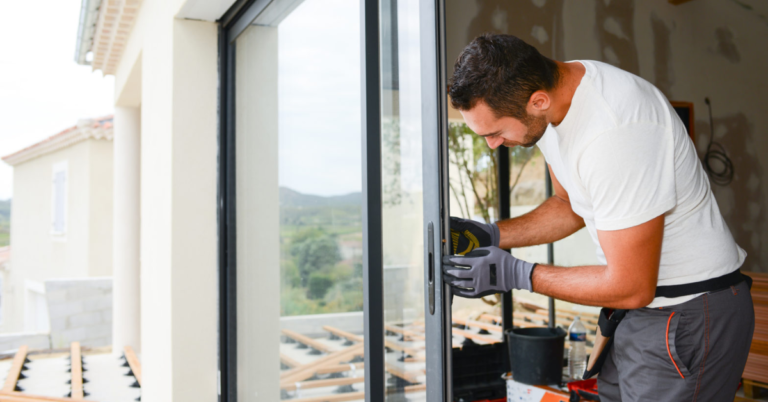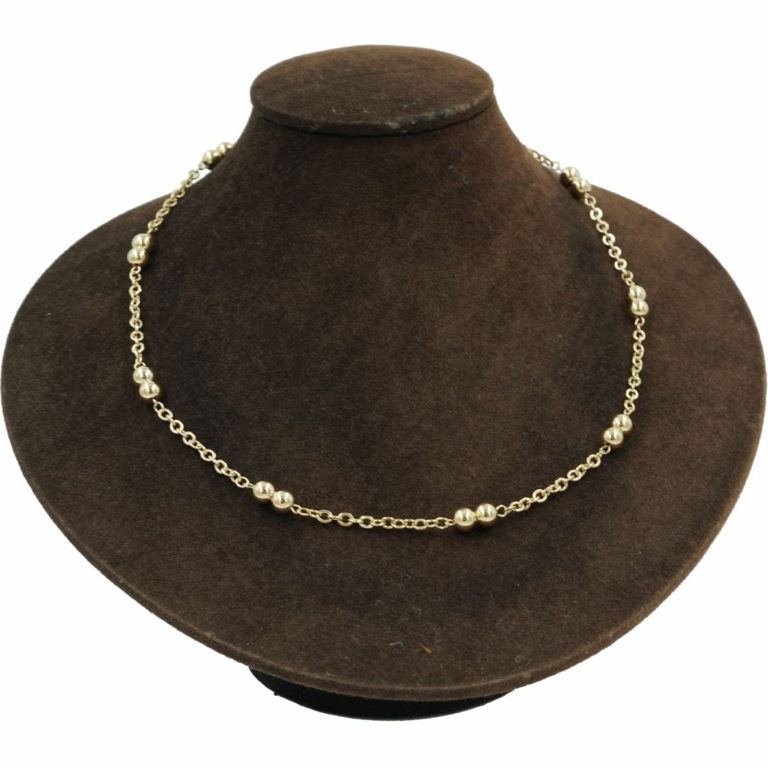Top 5 Tips for Buying a Used RV
Purchasing a used RV can be an exciting and cost-effective way to embrace the RV lifestyle. However, buying a used RV requires careful consideration and due diligence to ensure that you’re making a wise investment. Here are the top five tips to help you navigate the process and find a used RV that suits your needs and budget.
1. Research Thoroughly
Know What You Want: Before you start shopping, determine what type of RV best fits your needs. Consider factors such as the size, layout, and features you want, whether it’s a motorhome, travel trailer, fifth wheel, or camper van.
Check Market Prices: Research the market prices for the RV models you’re interested in. Websites like RVTrader, NADA Guides, and Kelley Blue Book can provide valuable insights into fair market values and help you identify good deals.
Read Reviews and Ratings: Look up reviews and ratings for the specific RV models you’re considering. Owner feedback and expert reviews can provide insights into the RV’s reliability, performance, and common issues.
2. Inspect the RV Thoroughly
Conduct a Visual Inspection: Examine the RV’s exterior and interior for signs of damage, wear, or poor maintenance. Check for issues such as water stains, rust, and worn-out upholstery.
Test All Systems: Ensure that all systems and appliances are functioning correctly. Test the plumbing, electrical, heating, and air conditioning systems. Verify that the appliances, including the stove, refrigerator, and microwave, are in working order.
Perform a Test Drive: If you’re buying a motorhome or drivable RV, take it for a test drive. Assess its handling, braking, and overall driving experience. Pay attention to any unusual noises or vibrations.
3. Review the RV’s History
Obtain a Vehicle History Report: Use the RV’s VIN (Vehicle Identification Number) to get a vehicle history report. This report can reveal important information about past accidents, title issues, or odometer discrepancies.
Check Maintenance Records: Ask the seller for maintenance records. Regular maintenance and timely repairs can indicate that the RV has been well cared for and is less likely to have hidden problems.
Verify Ownership and Title: Ensure that the seller has clear ownership of the RV and that the title is free of liens or other issues. Verify the title and registration documents before finalizing the purchase.
4. Negotiate Smartly
Identify Issues and Repairs: During your inspection, note any issues or needed repairs. Use this information as leverage in negotiations. Be prepared to negotiate the price based on the cost of addressing any problems.
Consider a Professional Inspection: If you’re unsure about the RV’s condition or if it’s a significant investment, consider hiring a professional RV inspector. An expert can provide a detailed report and help you negotiate based on their findings.
Be Prepared to Walk Away: If the seller is unwilling to negotiate or if you have concerns about the RV’s condition, don’t hesitate to walk away. There are plenty of used RVs on the market, and it’s important to find one that meets your standards.
5. Understand the Costs and Financing
Calculate Total Costs: Beyond the purchase price, consider additional costs such as taxes, registration fees, insurance, and any immediate repairs or upgrades. Understanding the total cost of ownership can help you budget more accurately.
Explore Financing Options: If you plan to finance your RV, shop around for the best loan terms and interest rates. Consider getting pre-approved for a loan to streamline the buying process and strengthen your negotiating position.
Budget for Maintenance and Repairs: Owning a used RV often involves ongoing maintenance and repair costs. Set aside a budget for regular upkeep and unexpected repairs to keep your RV in good condition.
Conclusion
Buying a used RV can be a rewarding experience if approached with careful planning and due diligence. By thoroughly researching, inspecting, and negotiating, and understanding the costs involved, you can make an informed decision and find a used RV that provides enjoyment and value for years to come. With these tips in mind, you’ll be well-prepared to embark on your RV adventures with confidence.






